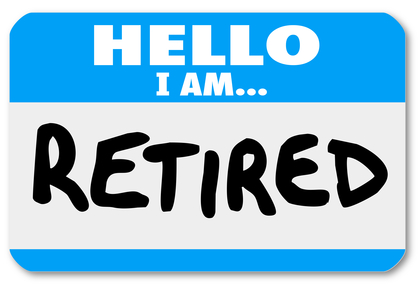Key Points:
- Understand your right against unlawful discrimination based on protected characteristics.
- Know your entitlement to access work facilities and ensure it's not discriminatory.
- Familiarize yourself with the company's dress codes to avoid direct or indirect discrimination.
- Be aware of how you are managed and appraised, ensuring it's devoid of discrimination.
- Educate yourself on your company's disciplinary procedures to prevent unfair discipline.
- Be proactive against harassment, including sexual harassment, in the workplace.
In our society, employees are prone to abuse. Other employees refrain from invoking their rights because they are afraid to lose their job. This explains why employers abuse them all the more. This should not be because people should be treated with justice inside or outside the workplace. The following might help you in protecting your rights as an employee. Take hold of them as your defense.
1. Know your right against unlawful discrimination.
Unlawful discrimination in the workplace covers many forms. Some are subtle. Others are evident. Among of which is direct discrimination. This is done by treating you of inferior qualitythan another worker because of a protected characteristic. Protected characteristics include age, disability, gender reassignment, marriage, pregnancy, race, religion and sexual orientation. There is also called discrimination arising from disability. This is a situation where, as a disabled person, your employer treats you unfavorably because of something associated with your disability. Furthermore, your employer must not treat you badly because you have complained about discrimination or helped someone else complain about being discriminated.
2. Recognize that you have access to facilities at work.
As a worker, you have access to facilities at work. As defined, Facilities can be space or equipment that is necessary for a person or group of workers to carry out their work. This is important so that you can do your job effectively and sufficiently. Some of the facilities are computers, mobile phones and other technology, toilet and washing facilities, sleeping facilities and others. You have to recognize this right. Watch out that your employer makes sure that their rules about who has access to facilities are not discriminatory since other workers have different levels of access to facilities for a reason of the nature of the job they are doing.
3. Be familiar with the dress codes.
It is said that your employer must avoid unlawful discrimination in requiring you and other workers to dress or modify your personal appearance in a particular way. It doesn't mean that your employer is prohibited to impose dress code but their imposition of dress code should not directly discriminate you or indirectly discriminate other employees. If the dress code is applied more strictly to one sex than the other, this could be direct discrimination. Remember that dress code should be applicable for both women and men, such as ‘business dress' or ‘casual clothes'.
4. Be aware on how you are managed and appraised.
It is common for an employer to manage the performance of workers to make sure they do their job in the way the employer wants it done. Submission of reports is the most common way of checking the performance of employees. Make sure that your employer avoids unlawful discrimination in the way that they manage and appraise your performance.
5. Discover the disciplinary procedures.
For you to protect your right as an employee, you have to discover the disciplinary measures imposed on your company. Your employer must avoid unlawful discrimination in the way that they discipline their workers, in other words, telling them they need to get better at something about their work. Their procedures which your employer needs to follow in a disciplinary process should be reasonable. Principally, the procedures that are followed in your company should not be unlawful. Also, the procedures that are followed on disciplining erring workers should be uniform to all. Your employer must not discipline you unfairly simply because you have a protected characteristic such as different religion, belief or race. This might certainly fall under direct discrimination.
6. Be on guard against harassment
Harassment in the workplace includes sexual harassment and bullying behavior like verbal or written words. Harassment, in general, is an act of violating an employee's dignity or creating for that person an intimidating, hostile, degrading, humiliating or offensive environment. Sexual harassment takes place when a person does something of a sexual nature. Accordingly, the term ‘of a sexual nature' can include unwelcome sexual advances, touching, forms of sexual assault, sexual jokes, displaying pornographic photographs or drawings or sending emails with material of a sexual nature. The sexual advancement must be ‘unwanted' means ‘unwelcome' or ‘uninvited'. This does not mean that express objection must be made to the conduct before it is considered unwanted. As an employee, you have the right to report to authorities if harassment of this kind is being done to you. Silence is not a remedy. Invoke your right.
As an employee you have rights which are protected by the State. Abuse could be avoided in the workplace if you will take time to know your rights. Knowing is one thing and invoking it is another. Both are important to protect yourself against unlawful advances.







